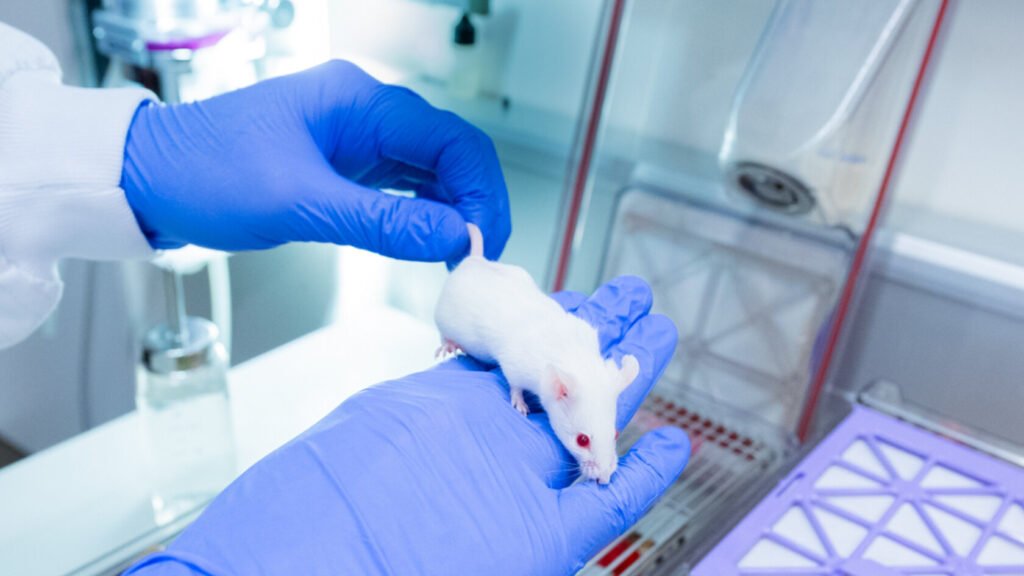Drug development is a complex process that often involves extensive preclinical testing on animals before human trials can begin. One common type of drug being developed today is based on antibodies, which are proteins that specifically target and bind to certain structures on cells or molecules. Traditionally, each antibody candidate is tested individually in animal models, requiring a large number of animals for each test. This approach not only consumes a significant amount of time but also results in the use of a high number of laboratory animals.
However, researchers at the University of Zurich have developed a groundbreaking technology that allows for the simultaneous testing of up to 25 different antibodies in a single mouse. Led by Markus Seeger and Johannes vom Berg, the team has created a method that significantly speeds up the drug development process while reducing the number of animals needed for testing.
The key to this innovative approach lies in the use of protein fragments known as “flycodes” as barcodes for analysis. These flycodes are used to mark each antibody individually, allowing for the separation and individual analysis of multiple antibodies administered to a single mouse. This not only streamlines the testing process but also ensures high-quality preclinical data that can be directly compared.
In a recent study published in the Proceedings of the National Academy of Sciences, the researchers demonstrated the effectiveness of the flycode technology in analyzing a variety of antibodies and synthetic biomolecules known as sybodies. The results showed that the antibodies successfully targeted specific structures in the body, such as tumor cells carrying the EGF receptor, even when tested in a mixture with other antibodies.
The potential of this technology to reduce the number of laboratory animals used in preclinical testing is significant. By enabling the direct comparison of multiple drug candidates under identical experimental conditions, the flycode technology has the capability to reduce the number of animals required by up to 100 times. This not only benefits the welfare of animals but also accelerates the drug discovery process and paves the way for more efficient preclinical pipelines in the future.
Overall, the flycode technology developed by the University of Zurich researchers represents a major advancement in drug development research. By allowing for the simultaneous analysis of multiple antibodies in a single animal, this innovative approach has the potential to revolutionize the way drugs are tested and developed, ultimately leading to more effective and efficient drug therapies.


